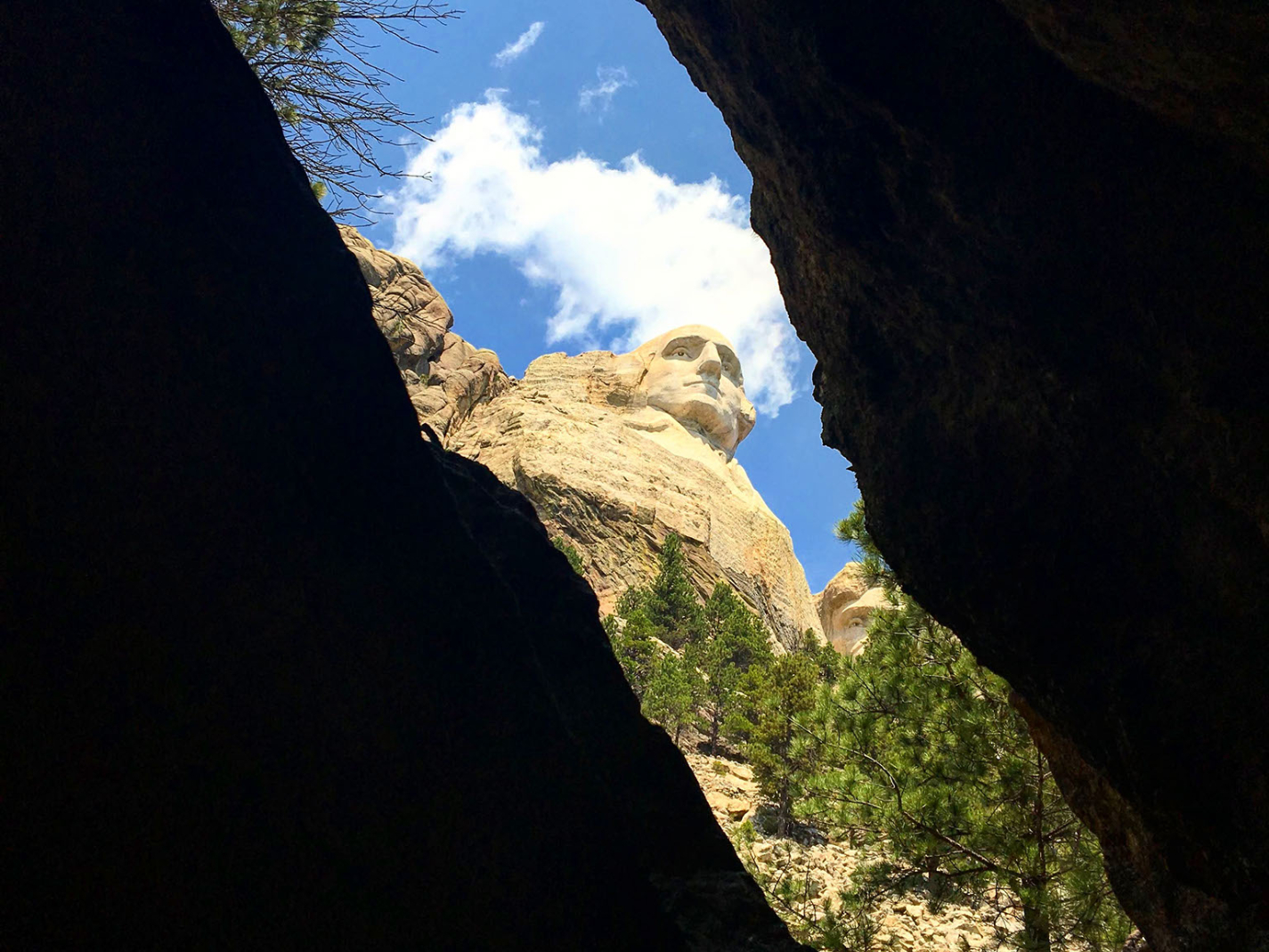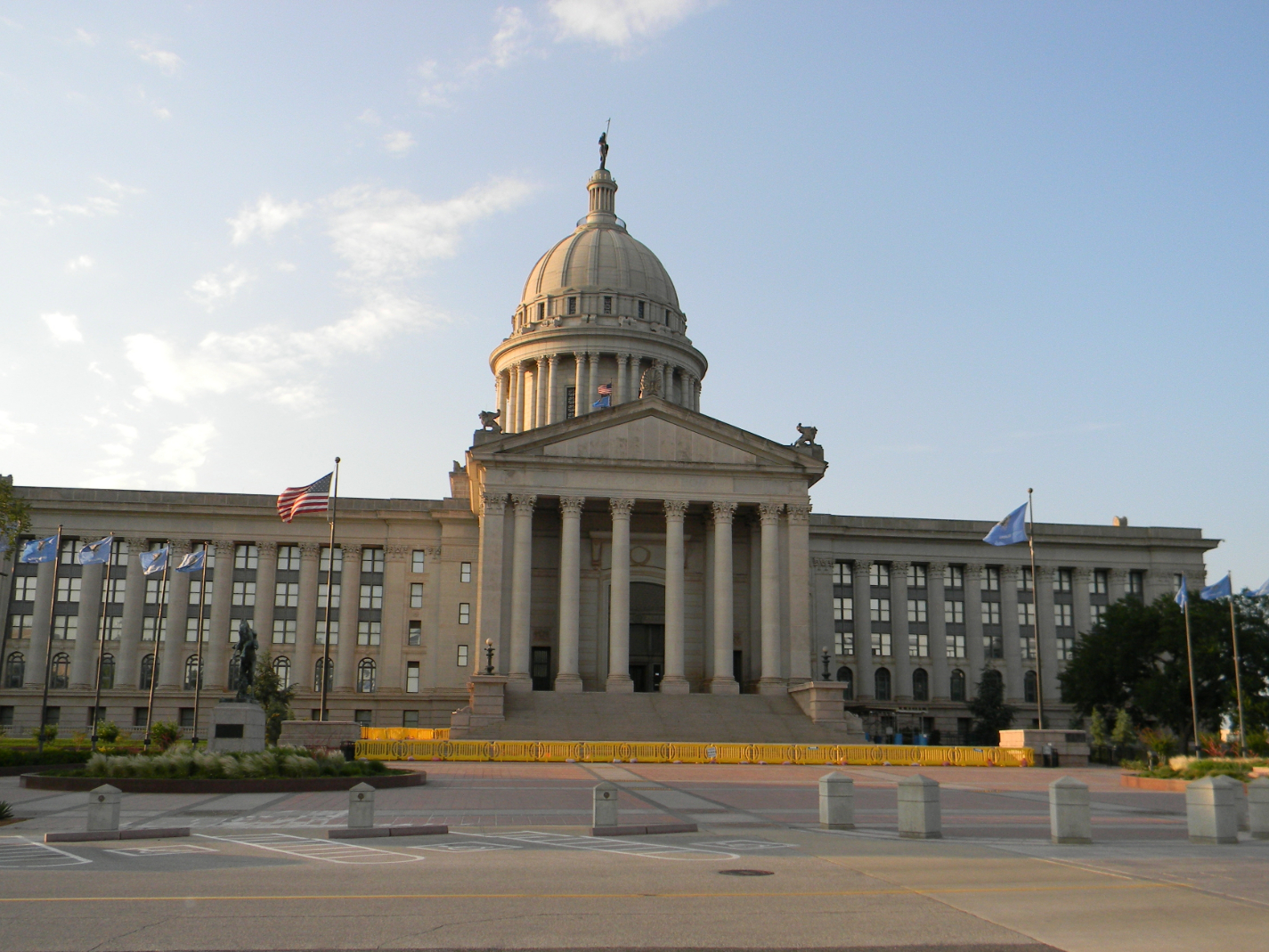South Dakota Governor Kristi Noem has just signed an Executive Order that directs the South Dakota Department of Education to refrain from applying for any federal grants tied to critical race theory. Governor Noem’s Executive Order provides welcome reinforcement to the South Dakota Joint Committee of Appropriations, which passed a resolution and letter of intent, directed to the state Education Department, advising them not to apply for history or civics grants from the U.S. Education Department until the state legislature can examine the implications of the Department’s announced 1619 Project/“anti-racism” priorities.
The South Dakota Board of Regents has also issued new declarations that lay the groundwork for substantial and salutary reforms of South Dakota’s public universities.
We treat each person as an individual, not as a member of a group, and offer services and supports for each person’s individual situation. We reject, and will not promote, the idea that any individual person is responsible for actions taken by other people. We also reject, and will not promote, any suggestion that one group of people is inherently superior or inferior to another group, or is inherently oppressive or immoral. …
It is inherent in the missions of our universities to proudly support the United States of America. Our students will learn about America’s history, our system of individual liberty in a democratic republic, and our system of free enterprise. Part of that instruction is to acknowledge and discuss America’s flaws and mistakes, so that we can learn from them and improve. We celebrate, though, America’s role in recent world history, as the nation most responsible for expanding liberty, prosperity, and equality across the globe. …
we will never compel any person to accept any particular set of beliefs. …
As our students expand their understanding in a field of study, we encourage that students be exposed to a variety of viewpoints, ideas, and theories, so that they can be debated and critiqued.
The Board of Regents also charges the universities to establish “Opportunity Centers,” which will replace the identity-group focus of current administrative units by “address[ing] the individual needs of all students.”
The Board of Regents’ declarations need to be fleshed out. They must ensure, for example, that “Multicultural Centers” and “Offices of Diversity” don’t simply rename themselves “Opportunity Centers.” The Board must issue detailed administrative rules, such as those promulgated by Oklahoma’s Education Department to enforce the prohibitions of Critical Race Theory in HB 1775, with enforceable penalties on university staff and faculty who fail to comply with the rules. Likewise, the Governor’s Executive Order must be complemented by rigorous oversight of South Dakota’s Board of Education. South Dakota must make sure that education bureaucrats do not quietly veto these new initiatives by noncompliance.
We make these concerns known while full of admiration for South Dakota and its policymakers. Few if any states have done so much to forward the cause of education reform and American liberty as South Dakota. When we say South Dakota must make sure, it is because South Dakota is a model for the other states, and we want South Dakota to show others the path to reform.
South Dakota’s Governor, Board of Regents, and state legislators have all done wonderful work.
David Randall is Director of Research at the National Association of Scholars and Project Director of the Civics Alliance.
Editor’s Note: This article was originally published by the National Association of Scholars on August 12, 2021.
Image: Adrian Yau, Unsplash, Public Domain



